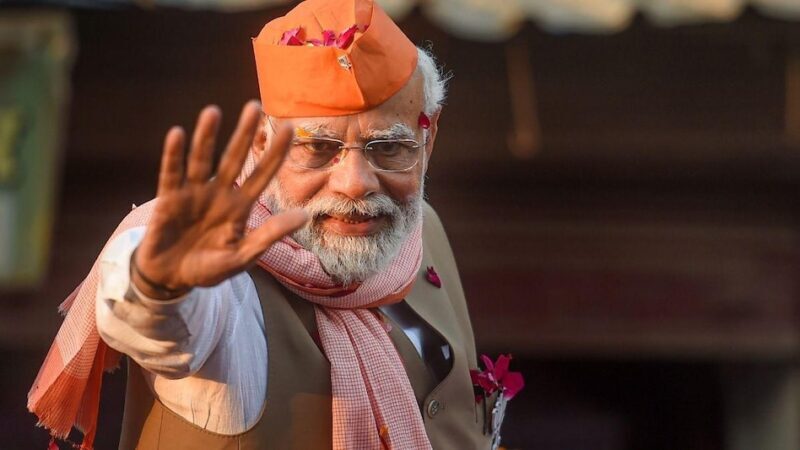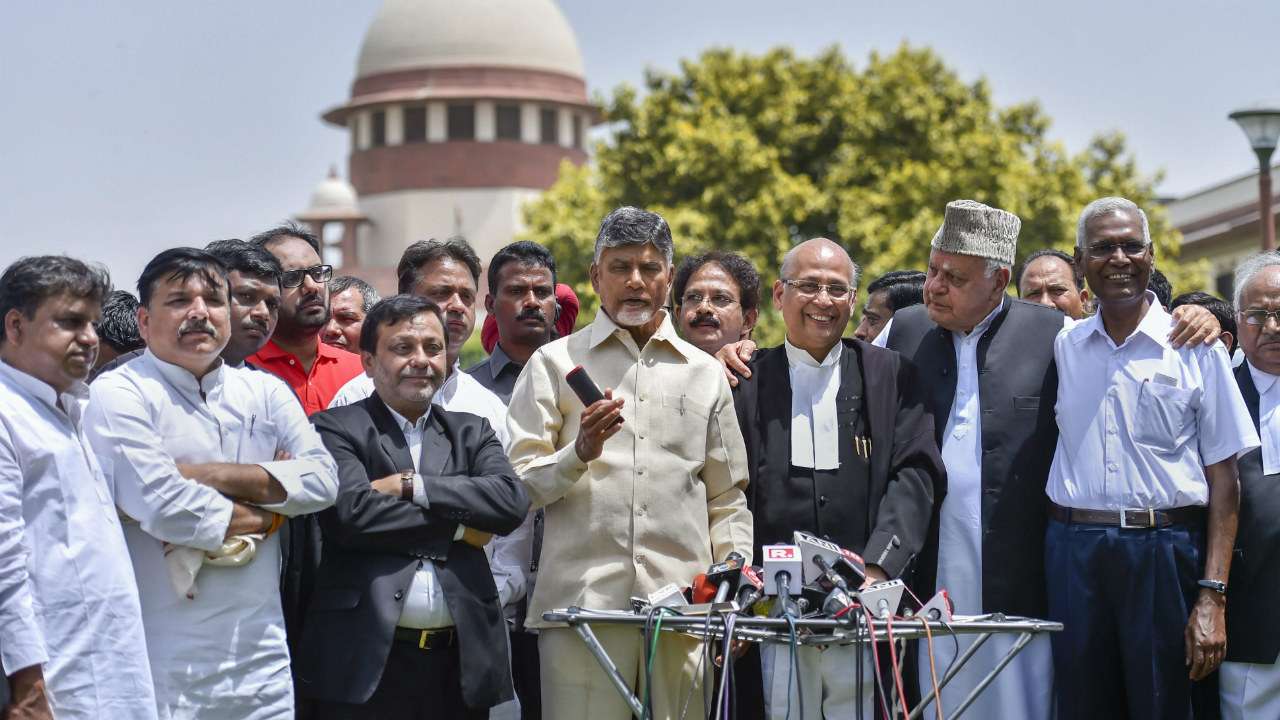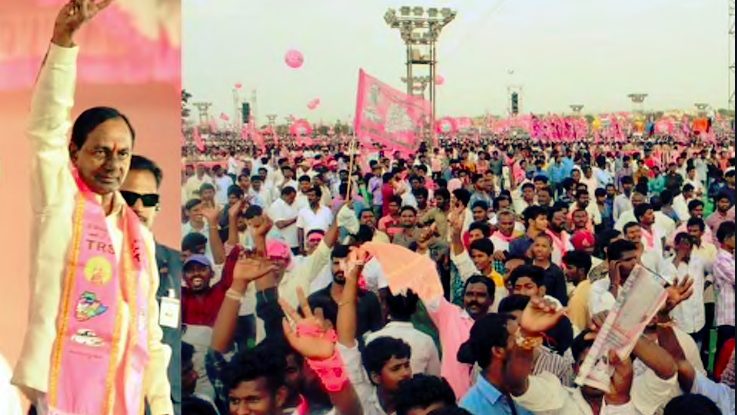Electoral trust is a non-profit organisation formed in India for orderly receiving of contributions from corporate entities and individuals to political parties.
It aims at improving transparency in the usage of funds for election-related expenses.
The Association for Democratic Reforms (ADR), in a new report, said 16 out of the 23 electoral trusts submitted details of their contribution for the financial year 2020-21 to the Election Commission of India, of which only seven declared to have received donations.
“Seven electoral trusts which have declared receiving contributions during FY 2020-21, have received a total amount of Rs 258.4915 crore from corporates and individuals and distributed Rs 258.4301 cr (99.98 per cent) to various political parties,” it said.
Another eight trusts declared that they did not receive any contribution or their contribution reports have never been available on the ECI website since their registration.
The ADR report analyses the details of donors of seven electoral trusts formed after January, 2013, and the contributions made through them to political parties during a given year.
About 159 individuals have contributed to electoral trusts in FY 2020-21.
Two individuals contributed Rs 3.50 crore to Prudent Electoral Trust, 153 people contributed Rs 3.202 crore to Small Donations Electoral Trust,
Three individuals gave a total of Rs 5 lakh to Einzigartig Electoral Trust and one person contributed Rs 1,100 to Independent Electoral Trust, the ADR said.
The BJP received Rs 212.05 crore or 82.05 per cent of these donations, while the JDU secured Rs 27 crore or 10.45 per cent of the amount.
Ten other political parties Congress, NCP, AIADMK, DMK, RJD, AAP, LJP, CPM, CPI and the Loktantrik Janta Dal together received Rs 19.38 crore.
It is to be noted earlier the total assets declared by seven national and 44 regional parties during FY 2019-2020 amounted to Rs 6,988.57 crore and Rs 2,129.38 crore respectively,
Of which, the highest assets were declared by the Bharatiya Janata Party (BJP) at Rs 4,847.78 crore (69.37 per cent) among the national parties.
This was followed by the Bahujan Samaj Party (BSP), which declared assets worth Rs 698.33 crore (9.99 per cent) and Indian National Congress (INC) that declared assets worth Rs 588.16 crore (8.42 per cent), an analysis by the Association for Democratic Reforms (ADR) has found.
Among the 44 regional political parties, the top 10 parties declared assets worth Rs 2,028.715 crore or 95.27 per cent of the total assets declared by all the regional parties for the FY 2019-20.
The highest assets were declared by Samajwadi Party (SP) at Rs 563.47 crore (26.46 per cent), followed by Telangana Rashtra Samithi (TRS) worth Rs 301.47 crore and All India Anna Dravid Munnetra Kazhagam (AIADMK) worth Rs 267.61 crore.
According to the rules formulated by the Union government, electoral trusts are required to distribute at least 95 per cent of the total contributions received during the financial year, along with the surplus brought forward from the previous financial year, to eligible political parties before March 31.
Electoral trust is a non-profit organisation formed in India for orderly receiving of contributions from corporate entities and individuals to political parties.
It aims at improving transparency in the usage of funds for election-related expenses.
The Association for Democratic Reforms (ADR), in a new report, said 16 out of the 23 electoral trusts submitted details of their contribution for the financial year 2020-21 to the Election Commission of India, of which only seven declared to have received donations.
“Seven electoral trusts which have declared receiving contributions during FY 2020-21, have received a total amount of Rs 258.4915 crore from corporates and individuals and distributed Rs 258.4301 cr (99.98 per cent) to various political parties,” it said.
Another eight trusts declared that they did not receive any contribution or their contribution reports have never been available on the ECI website since their registration.
The ADR report analyses the details of donors of seven electoral trusts formed after January, 2013, and the contributions made through them to political parties during a given year.
About 159 individuals have contributed to electoral trusts in FY 2020-21.
Two individuals contributed Rs 3.50 crore to Prudent Electoral Trust, 153 people contributed Rs 3.202 crore to Small Donations Electoral Trust,
Three individuals gave a total of Rs 5 lakh to Einzigartig Electoral Trust and one person contributed Rs 1,100 to Independent Electoral Trust, the ADR said.
The BJP received Rs 212.05 crore or 82.05 per cent of these donations, while the JDU secured Rs 27 crore or 10.45 per cent of the amount.
Ten other political parties Congress, NCP, AIADMK, DMK, RJD, AAP, LJP, CPM, CPI and the Loktantrik Janta Dal together received Rs 19.38 crore.
It is to be noted earlier the total assets declared by seven national and 44 regional parties during FY 2019-2020 amounted to Rs 6,988.57 crore and Rs 2,129.38 crore respectively,
Of which, the highest assets were declared by the Bharatiya Janata Party (BJP) at Rs 4,847.78 crore (69.37 per cent) among the national parties.
This was followed by the Bahujan Samaj Party (BSP), which declared assets worth Rs 698.33 crore (9.99 per cent) and Indian National Congress (INC) that declared assets worth Rs 588.16 crore (8.42 per cent), an analysis by the Association for Democratic Reforms (ADR) has found.
Among the 44 regional political parties, the top 10 parties declared assets worth Rs 2,028.715 crore or 95.27 per cent of the total assets declared by all the regional parties for the FY 2019-20.
The highest assets were declared by Samajwadi Party (SP) at Rs 563.47 crore (26.46 per cent), followed by Telangana Rashtra Samithi (TRS) worth Rs 301.47 crore and All India Anna Dravid Munnetra Kazhagam (AIADMK) worth Rs 267.61 crore.
According to the rules formulated by the Union government, electoral trusts are required to distribute at least 95 per cent of the total contributions received during the financial year, along with the surplus brought forward from the previous financial year, to eligible political parties before March 31.









